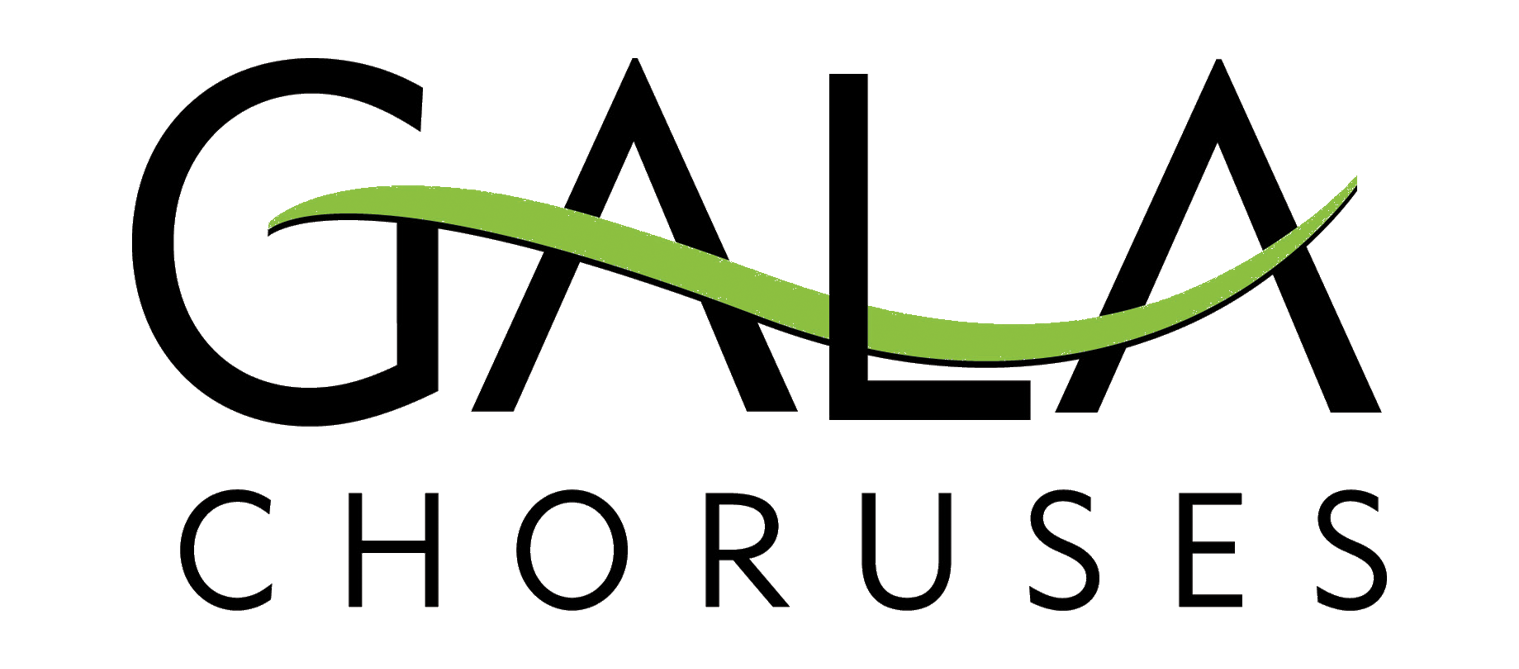By GALA Expert
November 29, 2023
Dr. Stan Hill has assembled information about the aging voice from various symposia and discussions through NATS and the NATS Journal (National Association of Teachers of Singing).
Stan’s list of “critical things to remember” regarding the aging voice.
- The vocal folds (or cords) function like a valve, allowing varying amounts of air to pass out of the lungs. Just as faucets find that their valves can tend to leak with age, the control of the flow of air over the vocal folds can become less efficient as they age (Presbylarynx). This loss of vocal fold tone and elasticity due to aging affects voice quality and phonation efficiency.
- Breathing conditions associated with aging can also have an effect on singing. These can range from minor inconveniences as in the gradual loss of breath capacity to the most severe being Chronic Obstructive Pulmonary Disease.
- It is generally accepted that good vocal health as you age requires regular vocalization and healthy life-styles.
- Besides smoking, one of the most damaging factors to the vocal cords for persons over 40 is GERD (Gastroesophageal Reflux Disease). GERD happens when, because of a hiatal hernia or weakened lower Esophageal sphincter, acid is allowed to enter the esophagus and make its way to the vocal cords and does great damage. See wikipedia for more information.
Explore the detailed articles below including exercises to continue singing with an aging voice and the vocal symptoms of menopause.
For detailed reading:
Transcript of “Aging of the Voice” NATS Chat
Dr. Albert Merati
Practical Remedies for the Aging Voice of Someone Assigned Female at Birth
Dr. Patti Peterson
Singing Strong with an Aging Voice
Leslie Guinn, University of Michigan
See also Wikipedia:
Spasmodic dysphonia (or laryngeal dystonia) is a voice disorder characterized by involuntary movements or spasms of one or more muscles of the larynx (vocal folds or voice box) during speech.
